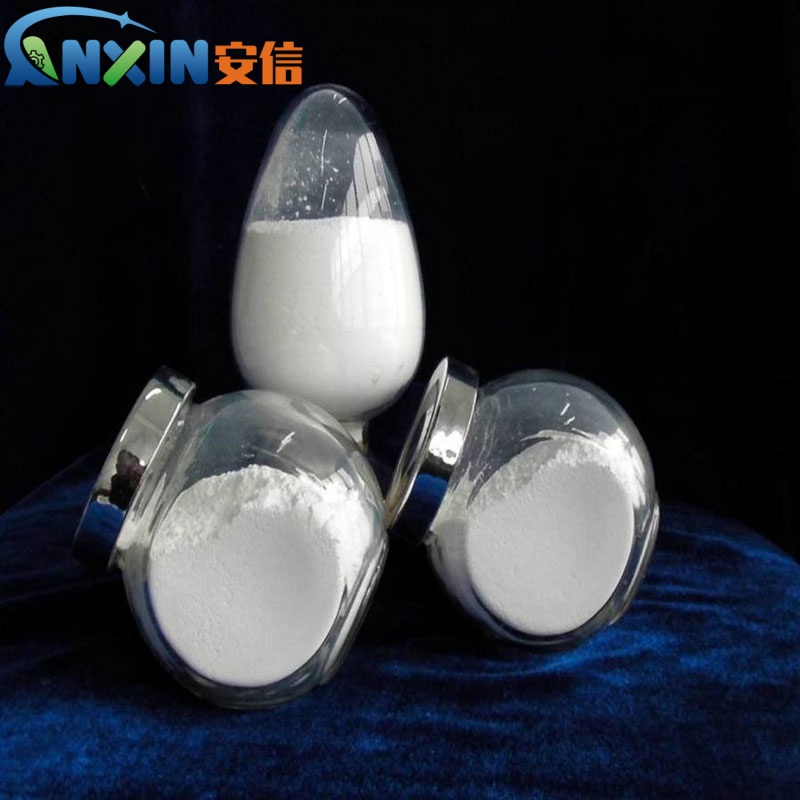Is cellulose a natural or synthetic polymer?
Cellulose is a natural polymer, an essential component of the cell walls in plants. It is one of the most abundant organic compounds on Earth and serves as a structural material in the plant kingdom. When we think of cellulose, we often associate it with its presence in wood, cotton, paper, and various other plant-derived materials.
The structure of cellulose consists of long chains of glucose molecules linked together through beta-1,4-glycosidic bonds. These chains are arranged in a way that allows them to form strong, fibrous structures. The unique arrangement of these chains gives cellulose its remarkable mechanical properties, making it a key component in providing structural support to plants.
The process of cellulose synthesis within plants involves the enzyme cellulose synthase, which polymerizes glucose molecules into long chains and extrudes them into the cell wall. This process occurs in various types of plant cells, contributing to the strength and rigidity of plant tissues.
Due to its abundance and unique properties, cellulose has found numerous applications beyond its role in plant biology. Industries utilize cellulose for the production of paper, textiles (such as cotton), and certain types of biofuels. Additionally, cellulose derivatives like cellulose acetate and cellulose ethers are used in a wide range of products, including pharmaceuticals, food additives, and coatings.
While cellulose itself is a natural polymer, humans have developed processes to modify and utilize it in various ways. For instance, chemical treatments can alter its properties to make it more suitable for specific applications. However, even in modified forms, cellulose retains its fundamental natural origins, making it a versatile and valuable material in both natural and engineered contexts.
Post time: Apr-24-2024
